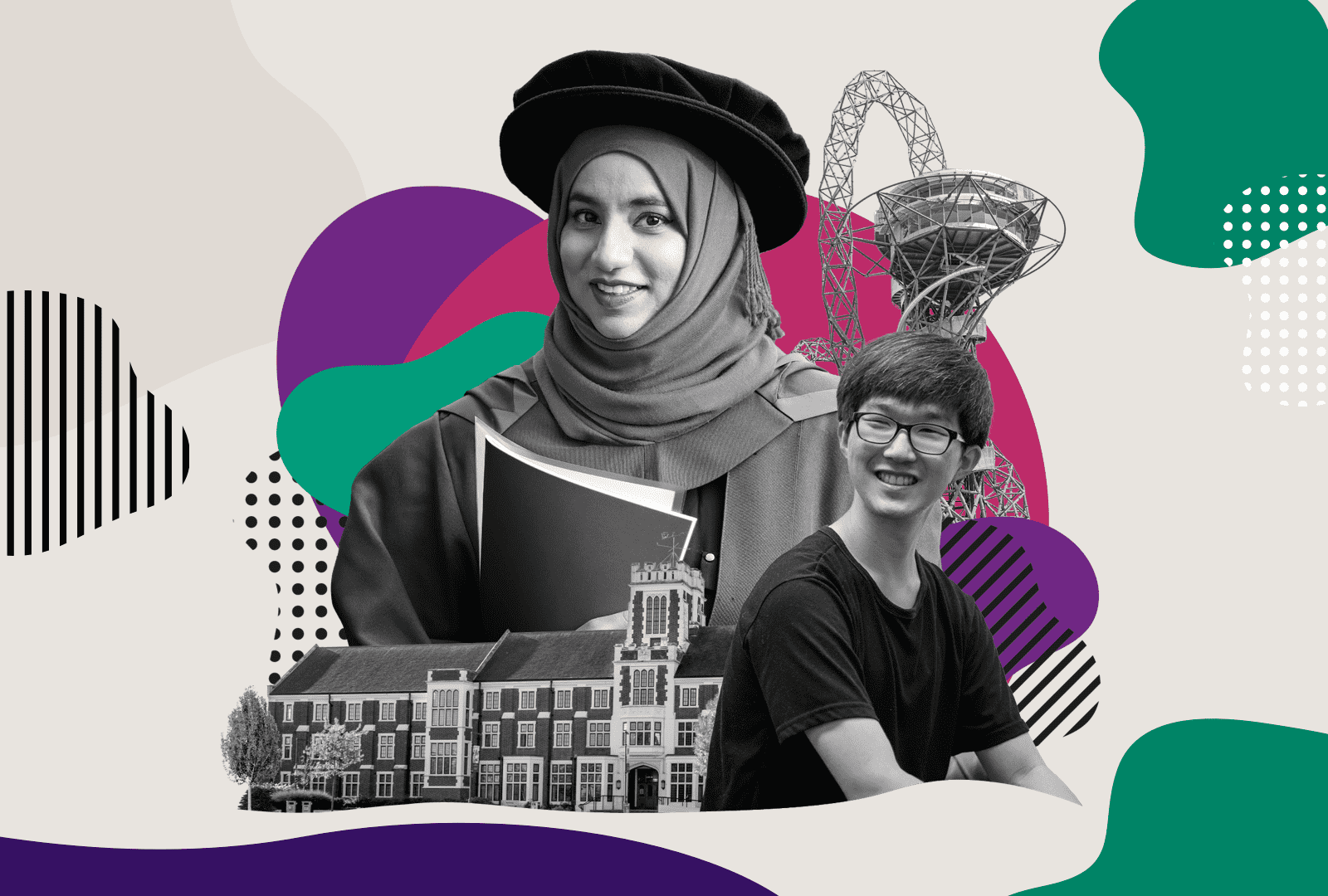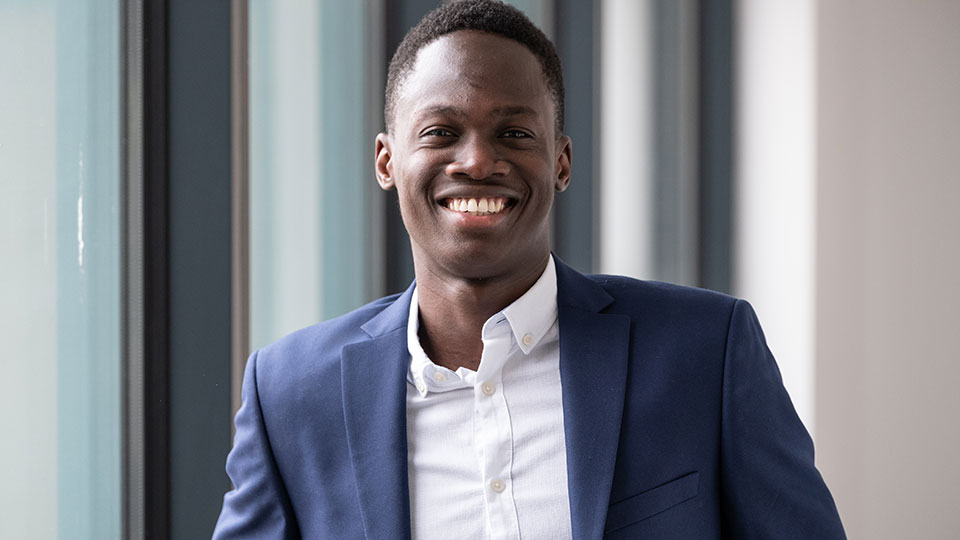For many people, entrepreneurship can be a pathway to achieving long held ambitions or a route out of difficult circumstances. However, for those faced with the most challenging situations, the dream of self-employment or ownership can seem unattainable. Marginalised groups face complicated challenges that make typical business support or loans unsuitable for them. As a result, there is a growing case for targeted support and finance products that improve the chances of founders from more diverse communities.
Increasingly, entrepreneurship and self-employment programmes are being offered to marginalised groups to give them greater choice and hope for the future. However, it is crucial to involve and engage these communities in the design and delivery of business support programmes if we want to secure long-term positive changes.
Rather than focusing exclusively on entrepreneurial ecosystems and processes, we need to engage with the communities we want to help, particularly those that have been left behind by policies or society. These communities are full of talent with a lot to offer, but we need to give them a fair start.
Dr Michelle Richey
Dr. Richey began her engagement with the issue of displaced people during the summer of 2015, when over one million refugees arrived in Europe fleeing the devastating impacts of conflict and destabilisation across Central Asia, the Middle East and Africa.
She started working with the London-based social enterprise The Entrepreneurial Refugee Network (TERN) to develop their support programmes. Since then, she has been a major advocate for the benefits of entrepreneurship programmes in helping marginalised people to avoid poverty and underemployment.
Dr. Richey’s research focuses on finding ways to provide the targeted business support and financing that can empower these marginalised communities with self-determination and the resources to set up their own business. These groups include displaced people and refugees, those living with disabilities, or ex-offenders who cannot find employment on release. Her work has been highly successful in different settings around the world and offers many people the circumstances and environment to change their lives for the better.
Our impact
The Refugee Entrepreneurship Network
Dr Richey has taken a leading role in The Refugee Entrepreneurship Network, which collectively supported 17,322 entrepreneurs in 2023.
Publications
- Terstriep, J., David, A., & Richey, M., 2024. ‘Does context matter? – Toward a supportive entrepreneurial ecosystem for refugee entrepreneurship’ (in) Refugee Entrepreneurship: A Research Companion, (Eds) Ranabahu, N., de Vries, H.P., & Hamilton.R.T.
- Richey, M., & Brooks J., 2024. New development: From aid to empowerment—making refugee policy more sustainable. Public Money & Management
- Richey, M., Brooks, J. and Ravishankar, M.N., 2022. Building self-determination of disadvantaged groups: insights from an entrepreneurship focused program for refugees. International Journal of Entrepreneurial Behaviour & Research, (ahead-of-print). (ABS 3, Impact factor 6.301, H-Index 75)
- Richey, M., Randall, R., and Donbesuur, F., 2023. Refugee Entrepreneurship Survey 2023.
- Richey, M., Randall, R., Ram, M. and Ravishankar MN., 2022 The Power of Nurturing Refugee Businesses. Project funded by the British Academy of Management and Society for Advancement of Management Studies.
- Richey, M., Randall, R., Brooks, JW and Ravishankar, MN., 2021. UK Refugee Entrepreneurship Pilot Scheme, Independent Evaluation. Coordinated by Centre for Entrepreneurs, funded by UK Home Office and National Lottery Community Fund.


